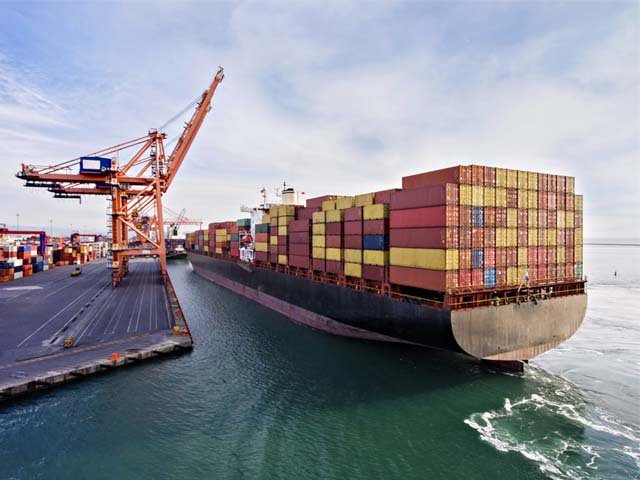
The digital era has made the marketing of local based products quite easy and affordable for local micro-businesses. PHOTO: PINTEREST
The flaws in Pakistan’s e-commerce policy framework
Pakistan’s existing e-commerce policies could prove to be rather short-sighted.
Pakistan’s e-commerce policy framework, which was announced last month, aims to implement measures which could be beneficial for the overall e-commerce environment in the country, however, the polices could also prove to be rather short-sighted in nature since the existing ecommerce situation is actually having a negative impact on the overall economy from a trade perspective. Although, there are 9 major points along which the e-commerce policy has been divided, much of the focus of the e-commerce policy seems to be on using the digital potential to export products to foreign countries, hence it is imperative to understand the dynamics behind exports using e-commerce in order to form relevant policy interventions on a government level. E-commerce based exports primarily have three components.
The first aspect is marketing. The digital era has made the marketing of local based products quite easy and affordable for local micro-businesses, and this is the reason why we can observe so many local Pakistani micro e-commerce businesses selling within Pakistan. Products like dry fruits, clothing, mobile phones, pets, watches, fashion accessories etc. are being imported from China using online retail services and are being sold to the local market using advertisements on social media platforms. This phenomenon is alarming since it encourages imports in an already bleak economic situation. Fortunately, the same dynamics of selling to the local marketing using social media also applies to selling high potential local products to international markets. The only thing that is missing is a sense in the micro e-commerce community that they can source local products and use the same social media marketing channels to gain customers from international markets by focusing their product boost in a certain city or a country. However, this approach of micro-businesses exporting presents two challenges: payments and logistics. This is the reason why local micro businesses would rather engage in importing and selling within Pakistan, rather than sourcing low cost products and exporting them internationally at a premium.
The second thing to keep in mind is payment. With Paypal not active in Pakistan yet, the only option to receive payments from abroad seems to be either Western Union (which international customers will consider unsafe) while a more feasible option perhaps are certain escrow services. The merchant can easily use escrow services for the peace of mind of the international customer. Of course, the major incentive in Pakistan with regards to the financials is to provide possible tax incentives to such micro-exporters. This can be one immediate policy implication at the government level and is much more straightforward as opposed to extracting money out of the national exchequer to subsidise international transactions.
Lastly, logistics must also be taken into account when formulating an e-commerce policy framework. While I have thus far not mentioned any potential major government intervention, the reality is that not every micro business can afford to send containers worth millions to another country. Therefore, the idea is not to send containers full of products to other countries but to instead deal in more cost effective logistics which can actually reduce the logistics cost and at the same-time accommodate individual shipments rather that the full load of containers. The e-commerce businesses selling locally are used to this approach and they do not see this happening in the international arena. Logistics giants and forwarders would actually handle the shipment for a micro business for half or a third of the cost, thus reducing the burden on individual businesses. This cost can be easily embedded into the product price without making it too expensive for the potential international customer. Other upcoming alternatives to shipment delivery are still a bit shaky, but certain platforms help which connect businesses with international travellers willing to carry their product to another country because they have additional space in their luggage. Such ventures open a whole new avenue for trade potential wish has thus far remained untapped.
The government should therefore try to incorporate these considerations into its current framework in order to ensure that e-commerce is able to gain a footing in Pakistan. It is imperative that the state makes individual shipments easier and affordable for micro e-commerce businesses. This piece attempts to present a concept which is viable, affordable and also practically possible. Pakistan needs to encourage its e-commerce community to sell more products locally, and they need to be motivated and directed towards exporting local products to international markets. Until the government recognises the need for this, e-commerce cannot truly flourish in Pakistan. Further articles in this series will elaborate upon each of the 9 focal points of the e-commerce policy.




COMMENTS
Comments are moderated and generally will be posted if they are on-topic and not abusive.
For more information, please see our Comments FAQ